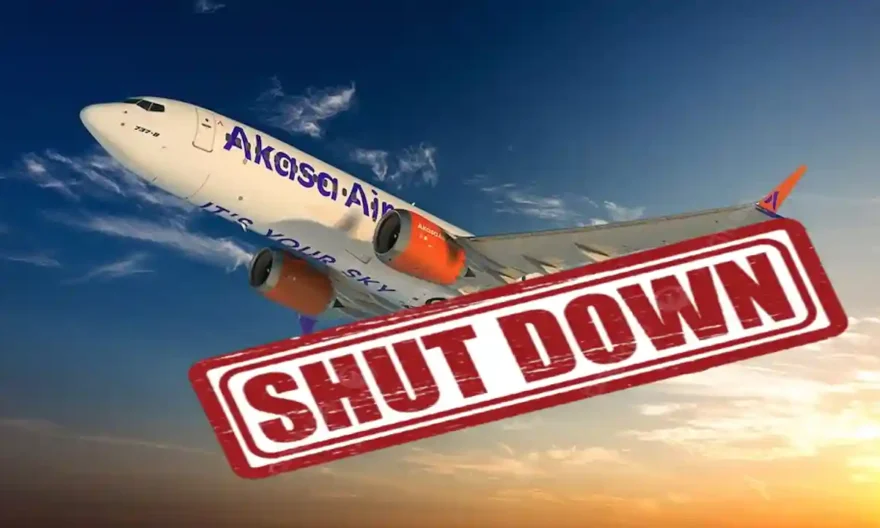
The fledgling Akasa Air has approached the Delhi High Court on Wednesday seeking a direction to the DGCA to take action against pilots who left the airline without serving the mandatory notice period.
The airline, which operated its 1st commercial flight between Mumbai and Ahmedabad on August 7, 2022, has hit turbulence following the resignation of several pilots. It told the court that it will have to cancel a large number of flights in September due to the resignations.
The airline told Justice Manmeet Pritam Singh Arora the company was in a “state of crisis” because of these resignations and had to cancel several flights every day this month.
Furthermore, the court has asked the parties to file their written synopsis in the matter and listed it for further hearing on September 22.
The court also sought to know from the Directorate General of Civil Aviation, represented by advocate Anjana Gosain, as to what action it takes in case flights have to be cancelled due to pilots’ resignation.
The airline also sought hefty compensation from the pilots for loss of revenue owing to cancellation of flights.
SNV Aviation Private Limited, which flies under the brand name Akasa Air, has sought a direction to the DGCA to “take coercive action against pilots who fail to comply with the mandatory notice period requirements, in terms of the Civil Aviation Requirement”
Earlier, an Akasa Air spokesperson stated in a statement, “We have sought legal remedy only against a small set of pilots who abandoned their duties and left without serving their mandatory contractual notice period.”
While first officers have to mandatorily serve a notice period of 6 months, the requirement for captains is a year.
The airline stated the act wasn’t only in violation of their contract but also the country’s civil aviation regulation.
It stated, “Not only is this illegal in law but also an unethical and selfish act that disrupted flights in August forcing last minute cancellations that stranded thousands of customers causing significant inconvenience to the travelling public.”




